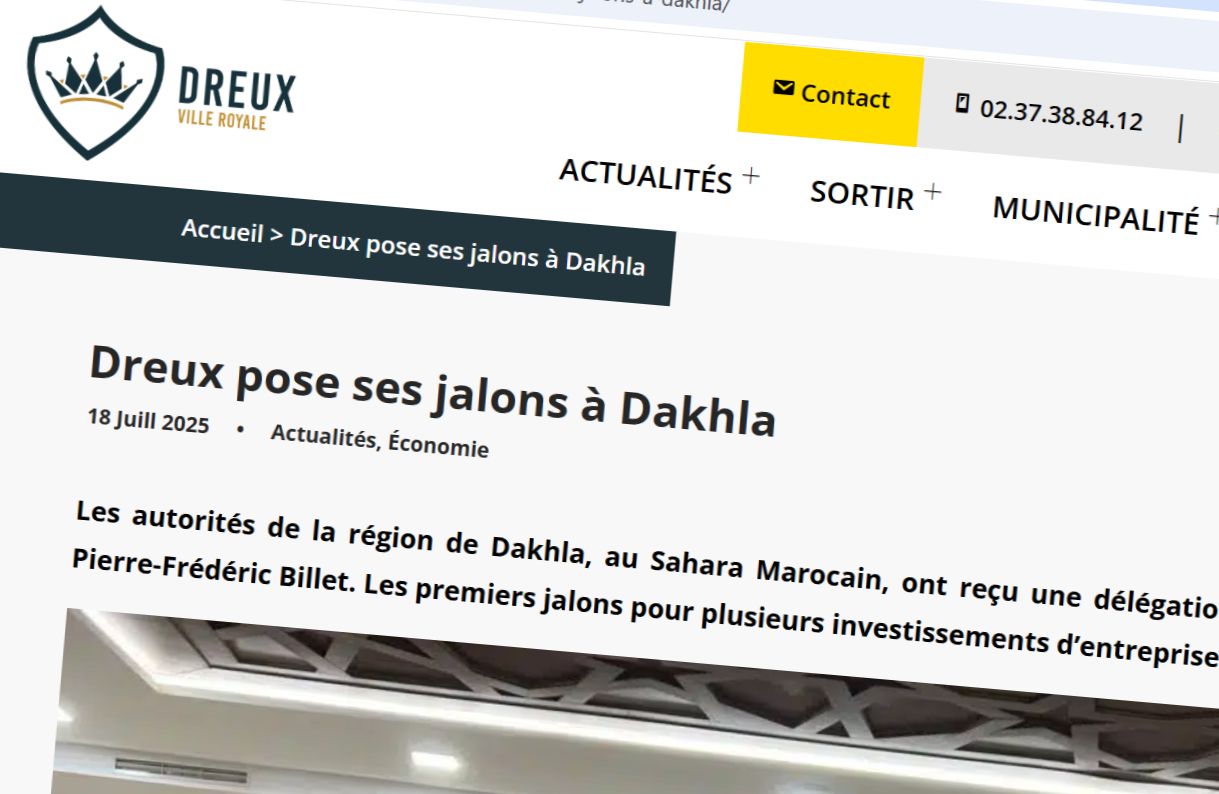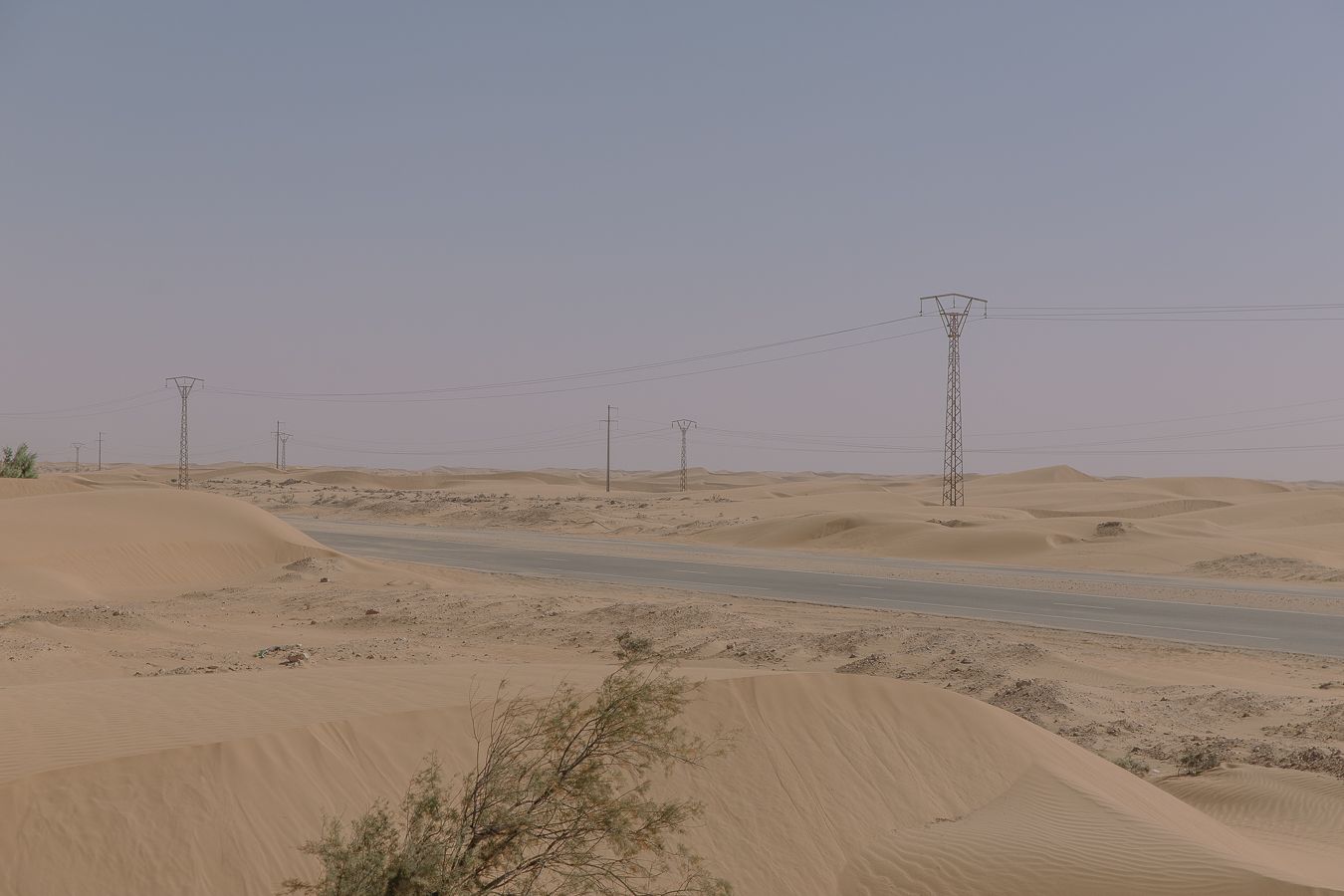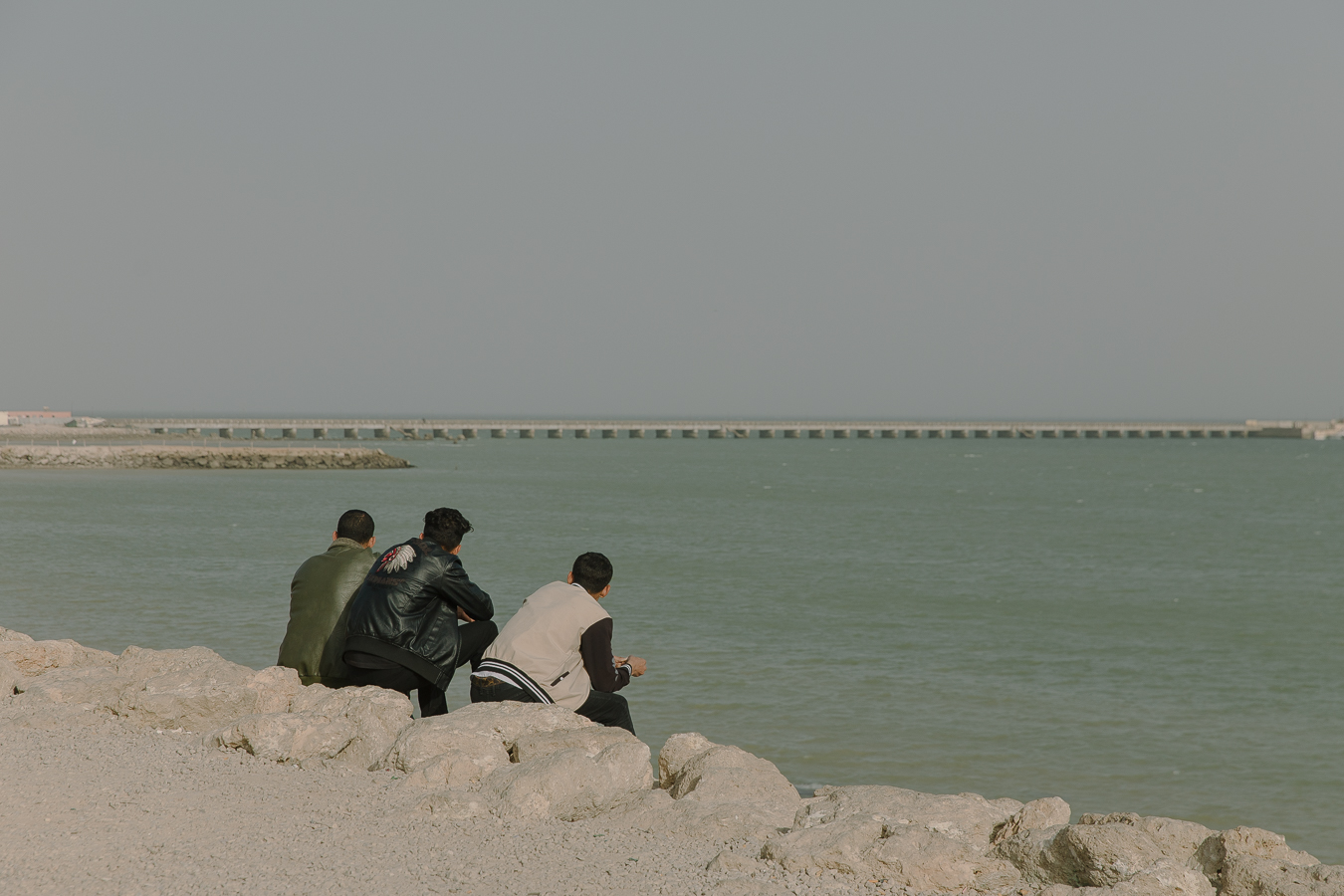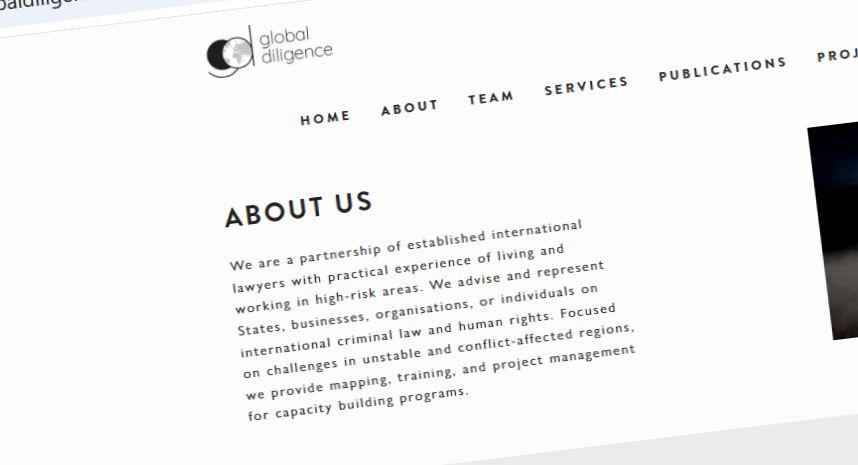
Companies that want to be perceived as taking human rights responsibly, should not bid on a large tender that will connect Morocco's illegal energy production in Western Sahara to the Moroccan grid, WSRW warns.
Several Moroccan news outlets have reported on the announcement by the Morocco's National Office for Electricity (ONEE) of the plans for the construction of a 1,400 km-long "electric highway" that is to transport electricity generated in occupied Western Sahara to the center of Morocco proper.
According to news outlet Le Desk, this is the first time that ONEE officially communicates about such plans. Concretely, ONEE envisions setting up electricity lines capable of transporting up to 3 GW of electricity that has been generated from renewable sources located between Dakhla and El Aaiún - both in occupied Western Sahara - all the way to Casablanca, Morocco. Half of that capacity, or 1,500 MW, should be finalised in 2026, while the second half ought to be up and running in 2028.
A tender process seeking an operator for the project will soon be launched. That operator, which can be a consortium, is to develop, finance, realise and exploit the controversial electric highway through a 30-year contract. A call for expression of interest has been initiated, while the opening of bids is set to start on 31 January 2024. The prequalification of candidates will be announced on 29 February, and the final choice of candidate will follow in the second semester of 2024. The winning operator will be required to set up a company dedicated to the project under Moroccan law, Le Desk reports.
“This is a most concerning development”, says Sara Eyckmans, coordinator of Western Sahara Resource Watch (WSRW). “For years, Moroccan think tanks and politicians have stated their intention of harnessing Western Sahara's renewable potential for export to Morocco proper and beyond. The call for interest to construct this electric highway is a step towards realising that ambition, which will have detrimental consequences for the UN peace process. As Morocco becomes dependent on its illegal, military presence in Western Sahara for its own energy needs, it will be even less inclined to engage in talks with the Saharawis, who seek to exercise their internationally backed right to self-determination. We call on all companies to stay clear of this particular tender, which fundamentally endangers any chance for peace in Western Sahara," Eyckmans said.
“Companies that want to be perceived as taking human rights responsibly, should not bid on this tender”, Eyckmans warned.
ONEE has reportedly already finished technical studies for the project, which indicate that both transport via HVDC (high voltage direct current) or HVAC (high voltage alternate current) transmission lines are possible. The agency expresses a preference for using pylons and overhead lines connecting several cities - thereby giving an indication of the trajectory of the electric highway. A first 400 kv collector is to be installed in Ouled Lekraa (north of Dakhla). From there, the trajectory seems to go through El Aaiún, Tan Tan, Agadir, Marrakech, Chemaia (near Marrakech), up to the 400 kv substation in Mediouna, southeast of Casablanca.
Morocco has already made some strides in attempting to connect renewable plants in occupied Western Sahara to its own electricity grid. In 2021, it announced that it had contracted French engineering company VINCI to construct a 400 kV transmission line between El Aaiún and Hagounia, a location just south of the border between Morocco and occupied Western Sahara. This particular project was encapsulated in a much larger project aiming to put up extra high voltage lines between El Aaiún and Agadir in Morocco proper. Morocco had sought funding from the African Development Bank (AfDB) for a part of the trajectory that included Hagounia. The AfDB later clarified that it had only financed a part of the route that is north of the border, adding that the “Bank’s official practice is that it does not knowingly or consciously finance projects on the territory of the Western Sahara."
Since you're here....
WSRW’s work is being read and used more than ever. We work totally independently and to a large extent voluntarily. Our work takes time, dedication and diligence. But we do it because we believe it matters – and we hope you do too. We look for more monthly donors to support our work. If you'd like to contribute to our work – 3€, 5€, 8€ monthly… what you can spare – the future of WSRW would be much more secure. You can set up a monthly donation to WSRW quickly here.
French publicly-owned firm plans energy project in occupied Western Sahara
The French town of Dreux considers ignoring a ruling in the French courts and to engage with a controversial energy operation in occupied Western Sahara.
Morocco pushes enormous green hydrogen plans in occupied Western Sahara
The Moroccan government has confirmed several green hydrogen projects totalling 20 GW of renewables and up to 8 million tonnes of derivatives - many planned in occupied Western Sahara.
Canary trade mission to legal minefield
A publicly organised mission will take Canary companies into occupied Western Sahara later this month.
Global Diligence defends operations on occupied land
The legal advisory firm Global Diligence, which presents itself as expert on ‘heightened due diligence’, misrepresents international law in occupied Western Sahara.



